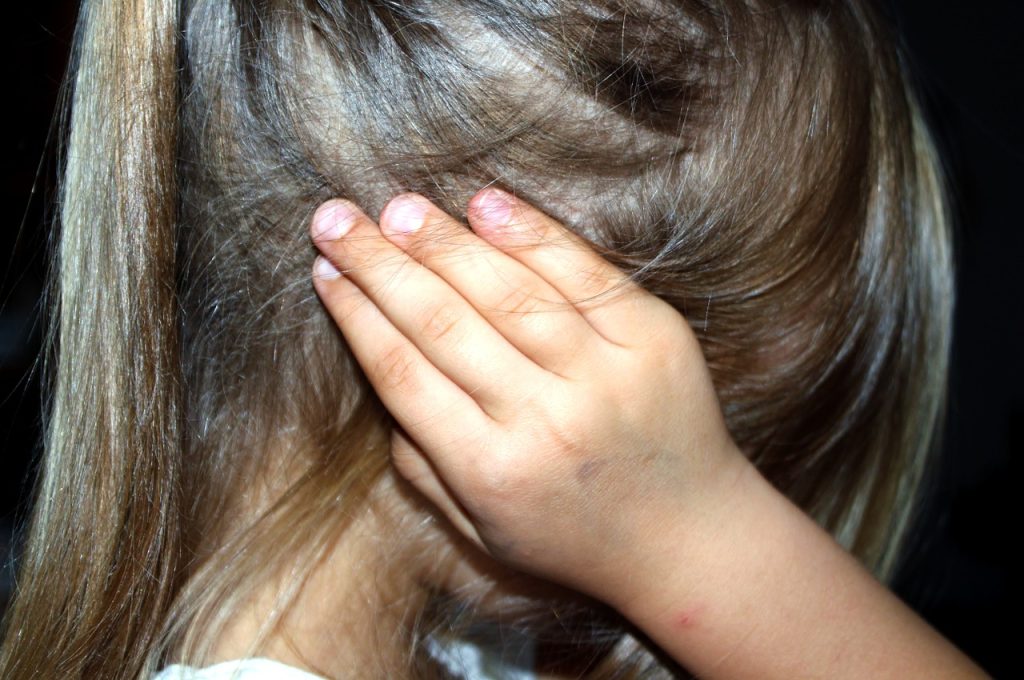As parents and caregivers, it can be extremely difficult to answer questions from children about terrorism. It’s a heart-breaking subject that you might wish you could push away or not discuss, but it’s quickly becoming a necessity due to the world that we live in.
The act of terrorism and the horror it brings is hard for even most adults to come to terms with and understand, which is why, following the terrible events occurring all over the world, we’ve put together some advice to help explain terrorism to your children.
- What do they already know?
Talk to your child to find out what they already know about terrorism. Maybe they’ve seen something on the news, or heard something on the radio, from a friend, teacher or other adult. Find out what they know and already understand and let them know that it’s okay to ask questions. Allowing them to begin by asking questions, can also be a helpful starting point for your conversation, they may already know more than you think.
It’s important to understand that providing this information to children, as difficult as it might seem, will help them to come to terms with the things that are happening around them.
- Keep the conversation going.
Terrorism isn’t something that you can only talk about once. With more and more violent acts and tragedies taking place all over the world, it’s important to keep the line of communication open so that your children know that they can come to you with any questions they might have.
- Speak their language.
You need to adjust the way you explain terrorism to your child based on their age and level of understanding. Try to keep things simple when explaining why something happened, if it was caused by ‘bad people’ or a ‘bad person’.
It can also be useful to limit the amount of television children watch or internet they have access to, to ensure that they are only receiving age appropriate information since some news coverage can be extremely graphic and violent.
Children, particularly young children, are very focused on themselves and those close to them so it’s important to stress that they are safe to try and avoid continued stress, fear or nightmares.
Many children will ask questions that seem to link the attack to them personally, such as “Why do these attackers hate us?” It’s important to clearly explain that they don’t even know you or your child, to help prevent children from clinging to the idea that they may be personally hated or in danger from an attack.
- Express your feelings and encourage them to do the same.
Children observe adults very closely and if they see that you are scared or panicked, that fear is very likely to transfer to your child. It’s important to show them that you are okay and convey that by acting calmly. Explain that things are sad, but that people are working hard to make things better, to keep everyone safe.
It’s particularly important to keep routines the same as much as possible as any disruption can cause children to become more anxious and upset.
Ask your child how they are feeling, you could ask them to draw or paint if they’re struggling to express their emotions with words.
If you yourself are struggling, seek guidance from support groups or talk to your local GP.
- Empower your children to act or be in control.
It’s important to explain to older children that they can be a part of making things better by offering support to others. They could raise money or send letters to those affected by acts of terror.
You can also encourage your children to help keep themselves safe. You can find a link to advice on staying safe in a terror situation at the end of the article, but even small things at home, that relate to personal safety can help to relieve fear and hand over control to your child.
- Be hopeful.
Remember to talk about the good things as well as the bad. Plan for future events, give yourselves things to look forward to that can provide a distraction whilst also giving a child hope for their future.


